Sristhee Sethi, LMSAI India Fellow, on the “Lifeworlds” of Borderlands and Migration
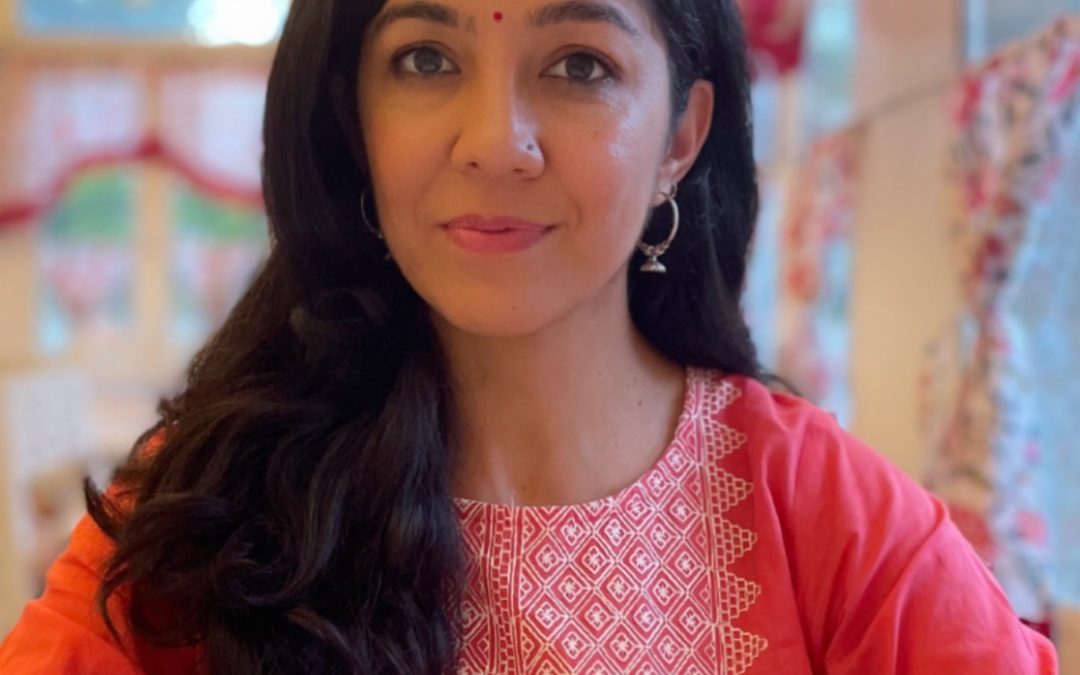


Tariq Omar Ali received his Ph.D. in history from Harvard and is now an Associate Professor at Georgetown University. His research focuses on nineteenth and twentieth century South Asia and global histories of capital with a particular interest in how the material and everyday lives of ordinary men and women are shaped by transnational circulations of commodities and capital. His first book, A Local History of Global Capital: Jute and Peasant Life in the Bengal Delta was published by Princeton University Press, 2018. He will be presenting his new research examining how decolonization, independence, and the rise of the nation-state restructured the working lives of peasants, boatmen, itinerant traders, and small businessmen in post-colonial East Pakistan (present-day Bangladesh) in the 1950s and 1960s at the Tufts-Harvard Conference on the 75th Anniversary of Independence and Partition, October 7-9. Prof. Ali will be speaking on Friday, October 7 at 4:30 p.m. on a panel chaired by Prof. Amartya Sen at the ASEAN Auditorium, Cabot Building, Tufts University.
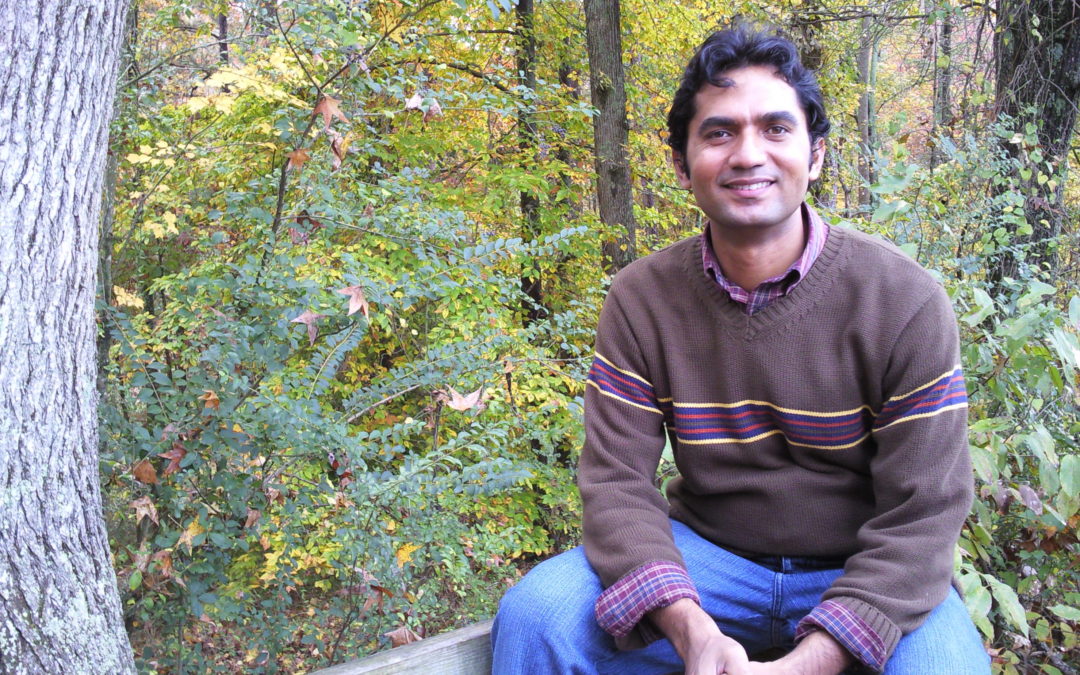
Liaquat Channa, an educational linguist, joins the Mittal Institute this academic year as the new Syed Babar Ali Fellow. His research interests include language and education, hidden curriculum and language textbooks, language teacher identity, language in education policy and planning. He is a Fulbright alumnus, and completed his Ph.D. in Language and Literacy Education with a concentration on teaching English to speakers of other languages and World Language Education from the University of Georgia. Prior to joining the Mittal Institute, he was a Professor in the Department of English at Balochistan University of IT, Engineering and Management Sciences (BUITEMS) in Quetta, Pakistan. We spoke to Liaquat about his research and what he hopes to accomplish while at the Mittal Institute.
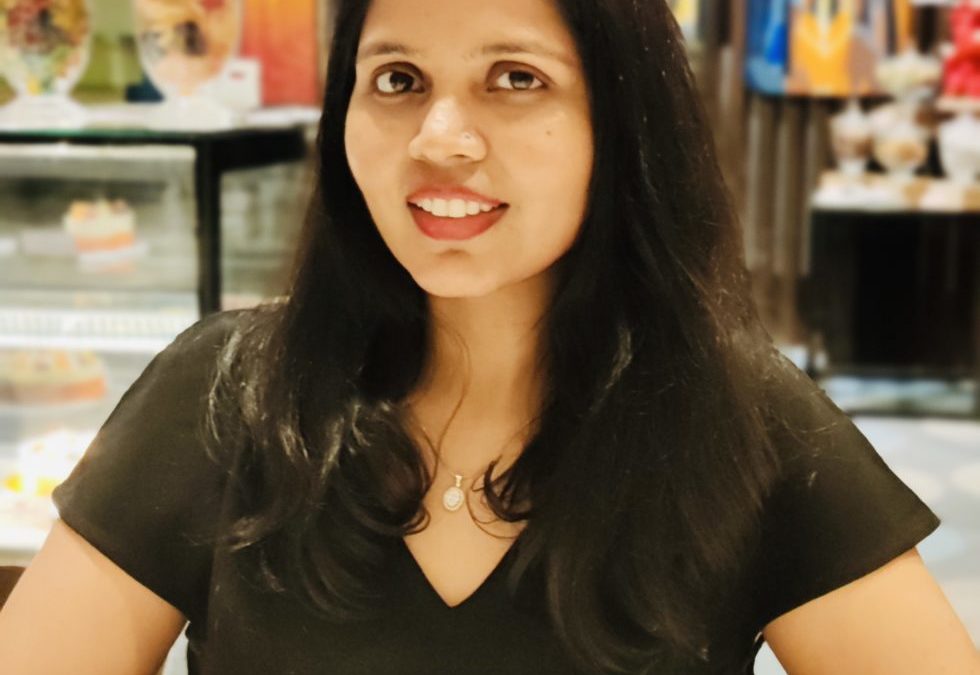

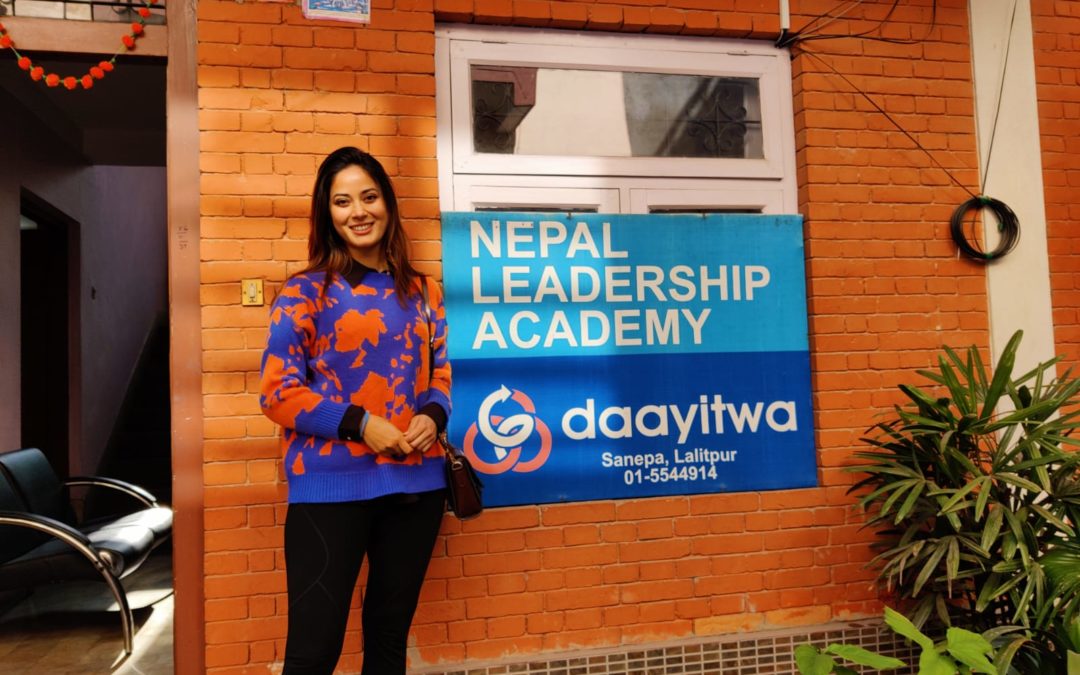
Shrinkhala Khatiwada, a Master of Urban Planning candidate at the Harvard Graduate School of Design, earned an LMSAI student grant to study urban planning in Nepal. She spent a three-week internship at Daayitwa Nepal Public Policy Fellowship, a program that fosters collaboration on economic policy research between young professionals and the Nepalese government. During her internship, Shrinkhala worked with the Nepal National Planning Commission to explore the potential for mandating a dedicated Urban Green Infrastructure department in every major metropolitan city in Nepal.
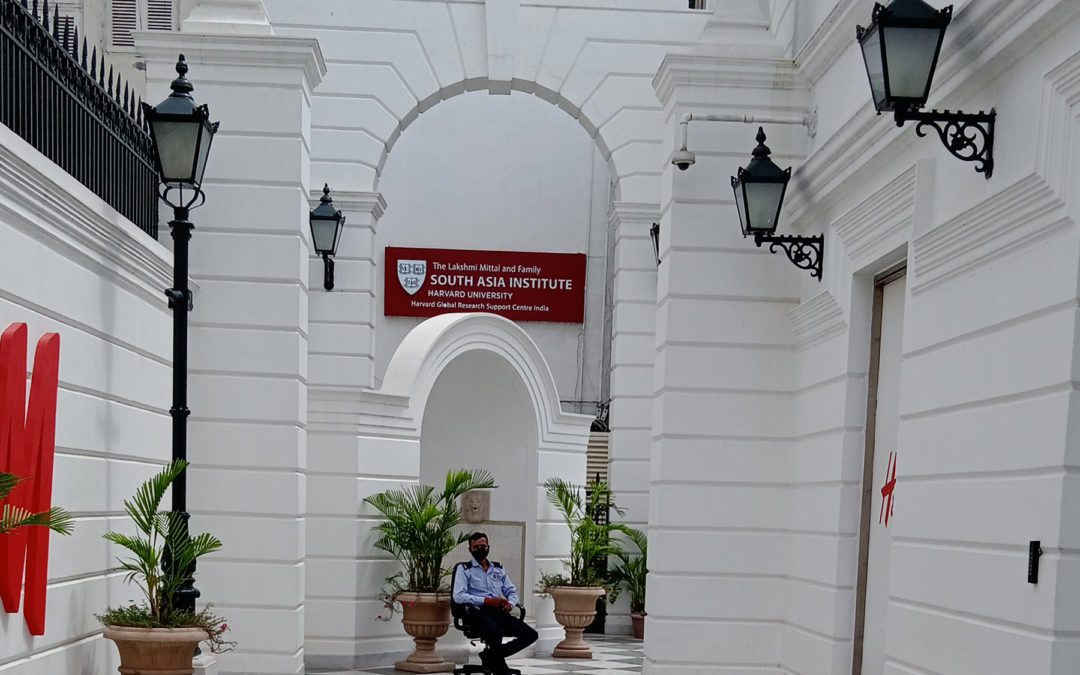
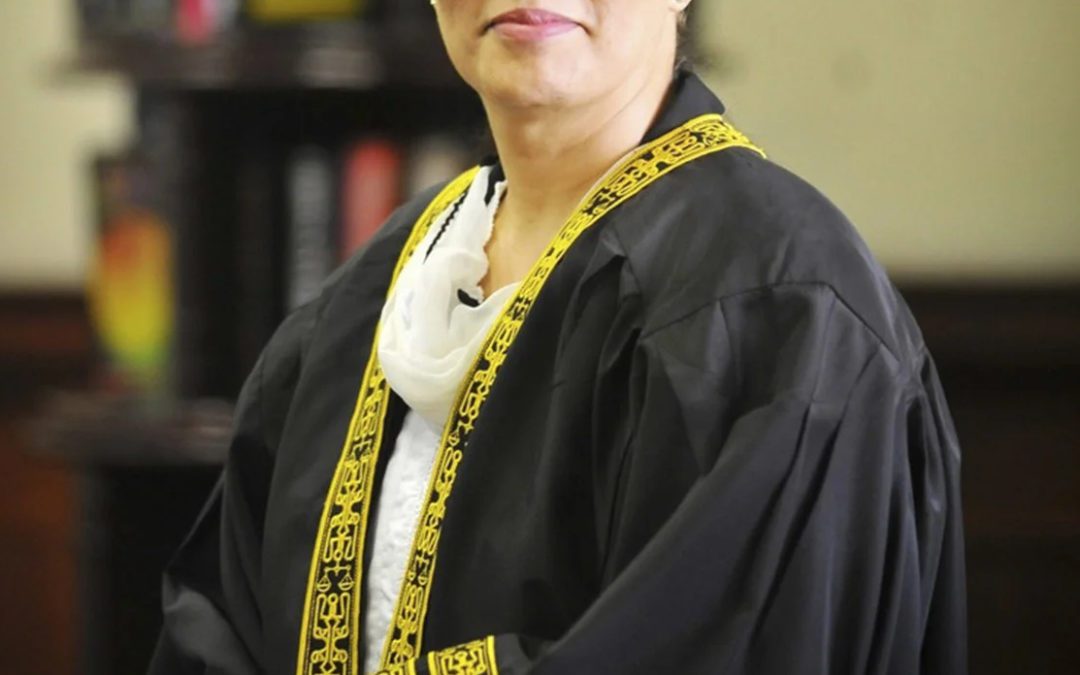
Ayesha Malik ’99 paves the way for women on Pakistan’s Supreme Court
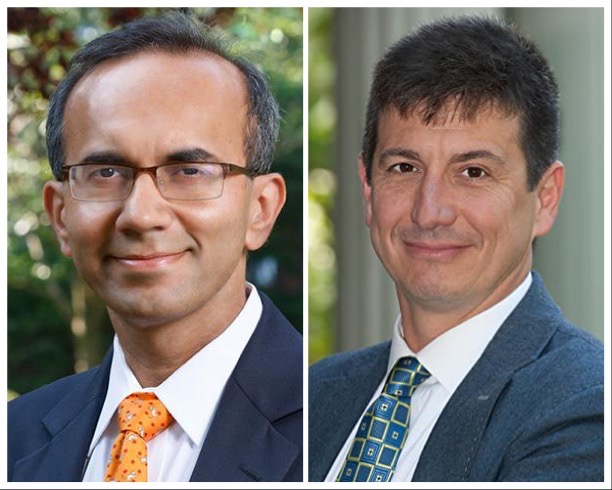
The torrential monsoon rains in Pakistan have eclipsed the label of a mere natural disaster; Pakistan is undergoing a humanitarian crisis. In the past two months, the heaviest rainfalls on record have killed over 1,300 people and have severely impacted 33 million others. The National Disaster Management Agency (NDMA) estimates that over half a million homes have been destroyed. Relief efforts are direly needed given the rapidly-worsening situation. Harvard College Pakistani Students Association is raising funds to provide victims with meals, shelter, sanitary products, and more. Please donate what you can so we can help give much-needed funds to those suffering in Pakistan and please share this far and wide so we can raise much-needed awareness for this perilous situation.
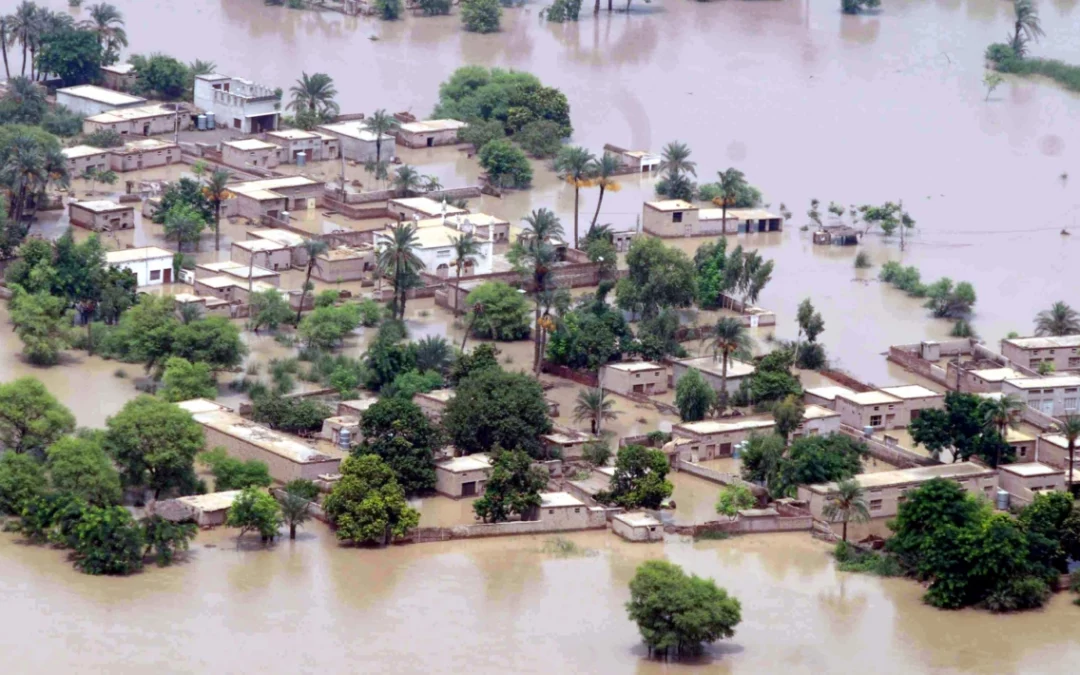
The torrential monsoon rains in Pakistan have eclipsed the label of a mere natural disaster; Pakistan is undergoing a humanitarian crisis. In the past two months, the heaviest rainfalls on record have killed over 1,300 people and have severely impacted 33 million others. The National Disaster Management Agency (NDMA) estimates that over half a million homes have been destroyed. Relief efforts are direly needed given the rapidly-worsening situation. Harvard College Pakistani Students Association is raising funds to provide victims with meals, shelter, sanitary products, and more. Please donate what you can so we can help give much-needed funds to those suffering in Pakistan and please share this far and wide so we can raise much-needed awareness for this perilous situation.